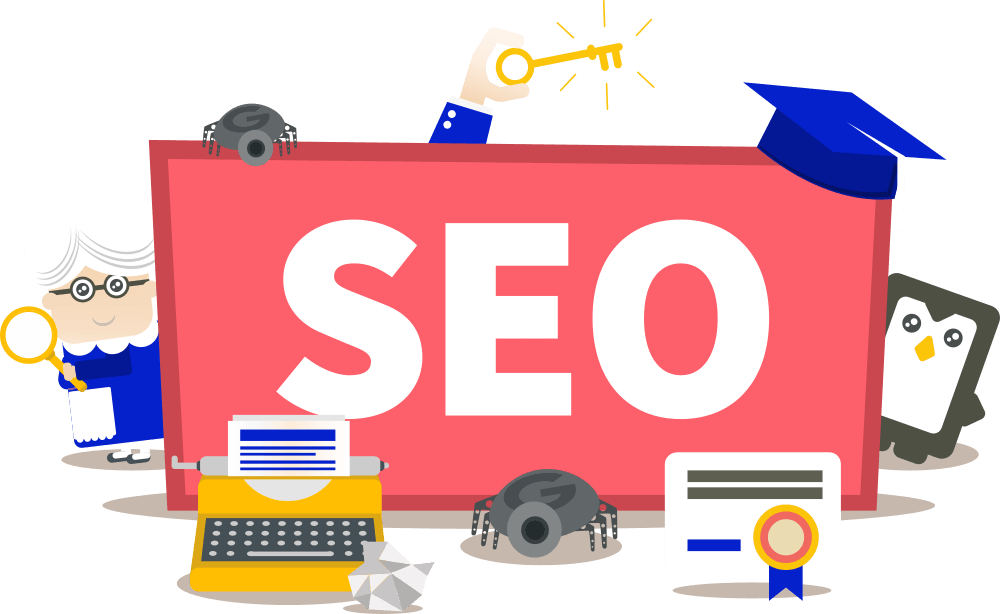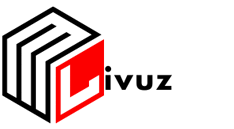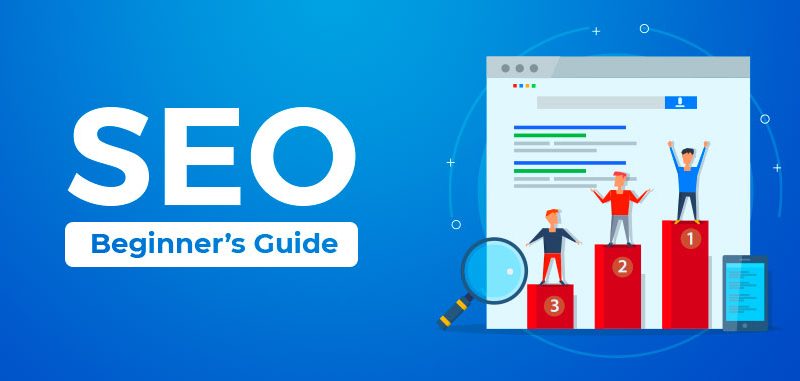Beginner’s Guide to SEO: Everything You Need to Know
In today’s digital world, having a website is not enough you need people to find it. That’s where SEO (Search Engine Optimization) comes in. SEO is the practice of improving your website so it ranks higher on search engines like Google, Bing, and Yahoo, bringing in more traffic, leads, and sales.For beginners, SEO may seem overwhelming with its jargon keywords, backlinks, crawlers, and algorithms. But once you understand the core principles, SEO becomes one of the most powerful and cost-effective ways to grow your online presence.This beginner-friendly SEO guide will break down everything you need to know, step by step.
1. What is SEO?
SEO (Search Engine Optimization) is the process of making your website more visible on search engines. When people search for something online, search engines display a list of results. Websites that appear higher on that list are more likely to be clicked.
Example:
If someone searches for “best pizza near me”, Google shows results based on:
-
Relevance (Does the site answer the query?)
-
Quality (Is the content useful and original?)
-
Authority (Do other websites trust it with backlinks?)
SEO helps you improve these factors so your site ranks higher.
2. Why SEO Matters for Beginners
Whether you’re running a blog, e-commerce store, or company website, SEO matters because:
-
93% of online experiences start with a search engine.
-
Organic search brings 10x more traffic than social media.
-
SEO builds long-term visibility without paying for ads.
Simply put: if you want your website to succeed, SEO is not optional—it’s essential.
3. How Search Engines Work
To understand SEO, you need to know how search engines like Google operate:
3.1 Crawling
Search engines use bots (spiders) to scan the internet and discover content.
3.2 Indexing
The discovered pages are stored in a search engine database (index).
3.3 Ranking
When someone searches, the search engine ranks the most relevant and trustworthy pages.
Your goal with SEO: Make your site easy to crawl, index, and rank high.
4. Key Types of SEO
4.1 On-Page SEO
Optimizing the content on your website:
-
Keywords in titles, headings, and content
-
Internal linking
-
Image optimization
-
Fast-loading pages
4.2 Off-Page SEO
Improving your site’s reputation outside your website:
-
Backlinks from other trusted sites
-
Social signals (shares, mentions)
-
Brand visibility
4.3 Technical SEO
Improving website performance and structure:
-
Mobile-friendly design
-
HTTPS security
-
Fast loading speed
-
Proper sitemaps
4.4 Local SEO
Optimizing for local searches like “dentist near me” using:
-
Google Business Profile
-
Local citations
-
Customer reviews
5. SEO Basics for Beginners
5.1 Keywords – The Foundation of SEO
-
Short-tail keywords: one or two words (e.g., “SEO guide”).
-
Long-tail keywords: more specific (e.g., “beginner’s guide to SEO 2025”).
-
Use tools like Google Keyword Planner, SEMrush, Ahrefs, Ubersuggest.
5.2 Content is King
-
Write useful, unique, and engaging content.
-
Use headings (H1, H2, H3) to structure content.
-
Add images, videos, and infographics.
5.3 Title Tags and Meta Descriptions
-
Title tag: appears in search results (keep under 60 characters).
-
Meta description: short summary (150–160 characters).
5.4 Mobile Optimization
-
Google uses mobile-first indexing.
-
Your site must work perfectly on phones.
5.5 Page Speed
-
Use tools like Google PageSpeed Insights.
-
Compress images, enable caching, and use a fast hosting provider.
6. Link Building for Beginners
Backlinks (links from other sites to yours) are one of the most important ranking factors.
Easy ways to get backlinks:
-
Write guest posts on other blogs.
-
Create shareable infographics.
-
List your site in business directories.
-
Use broken link building (find broken links and suggest your content).
7. SEO Tools Every Beginner Should Use
-
Google Analytics – Track website visitors.
-
Google Search Console – Monitor SEO performance.
-
Yoast SEO (WordPress) – On-page optimization.
-
SEMrush / Ahrefs – Keyword and backlink analysis.
-
Ubersuggest – Beginner-friendly keyword research.
8. Common SEO Mistakes to Avoid
-
Keyword stuffing (overusing keywords unnaturally).
-
Duplicate content.
-
Ignoring mobile users.
-
Not using HTTPS (SSL certificate).
-
Forgetting to update old content.
9. SEO in 2025 – What Beginners Should Know
Search engines are evolving quickly. In 2025:
-
AI and machine learning will play a bigger role in rankings.
-
Voice search optimization (using natural language keywords) will matter more.
-
User experience (UX)—Google measures how users interact with your site.
-
Video and visual content will dominate SEO.
If you start learning SEO now, you’ll be ahead of the curve.
10. Step-by-Step Beginner’s SEO Checklist
Here’s a quick SEO roadmap for beginners:
-
Research keywords (long-tail recommended).
-
Optimize your website structure (navigation, menus).
-
Write SEO-friendly content (with keywords, headings, and visuals).
-
Improve site speed and mobile responsiveness.
-
Build backlinks from trusted sources.
-
Submit your site to Google Search Console.
-
Track progress with Google Analytics.
-
Update old content regularly.
11. SEO vs. Paid Advertising
| Factor | SEO (Organic) | Paid Ads (PPC) |
|---|---|---|
| Cost | Free (time investment) | Expensive (per click) |
| Time to Results | Slow (3–6 months) | Immediate |
| Long-Term Value | High (sustainable) | Stops when budget ends |
| Trust Factor | High (organic results) | Lower (ad labeled) |
12. The Future of SEO Careers
SEO isn’t just for website owners—it’s also a career path. In 2025, SEO experts are in high demand for:
-
Digital marketing agencies
-
Freelance projects
-
E-commerce businesses
-
Content-driven startups
Learning SEO today can open up job opportunities worldwide.

Conclusion
SEO may feel complicated at first, but it’s really about making your website user-friendly and useful. For beginners, the key is to start simple: research keywords, write good content, optimize your site, and build quality backlinks.By following this Beginner’s Guide to SEO, you can start ranking higher on Google, increase website traffic, and grow your online presence without spending a fortune on ads.Remember: SEO is a long-term investment, but the results are worth it. With consistency, patience, and the right strategies, you can build a strong online foundation that lasts for years.
FAQs: Beginner’s SEO
1. How long does it take to see SEO results?
Usually 3–6 months, depending on competition and effort.
2. Do I need coding skills for SEO?
No. Most SEO tasks (keywords, content, links) don’t require coding.
3. Is SEO free?
Yes, but it requires time, effort, and strategy. Paid tools can make it easier.
4. What’s better for beginners: SEO or ads?
SEO is better for long-term growth, while ads are best for quick results.
5. Can I do SEO myself?
Yes! With the right guide and tools, beginners can successfully optimize their websites.




